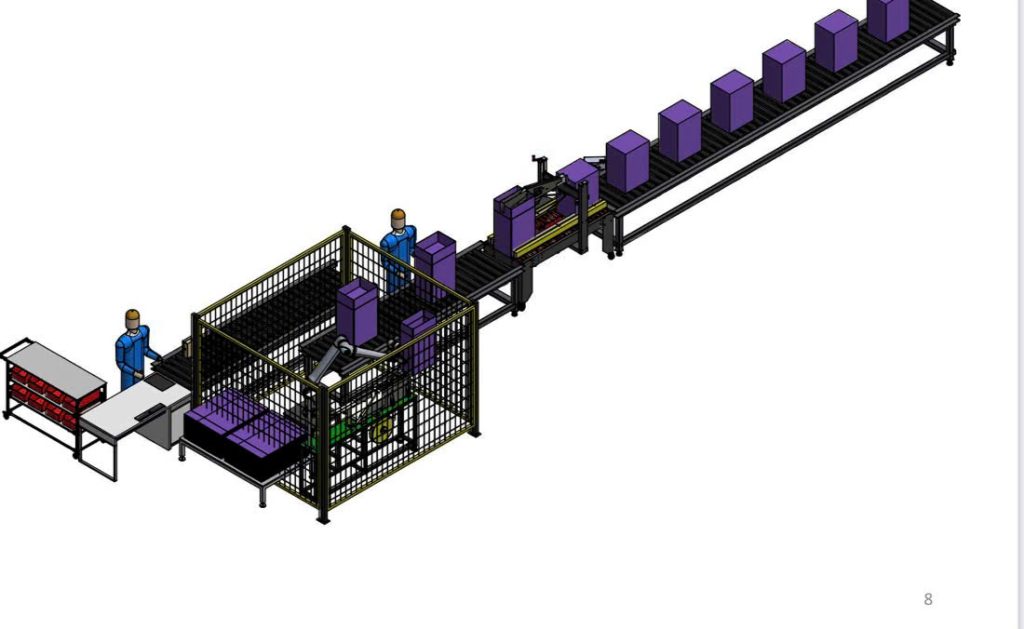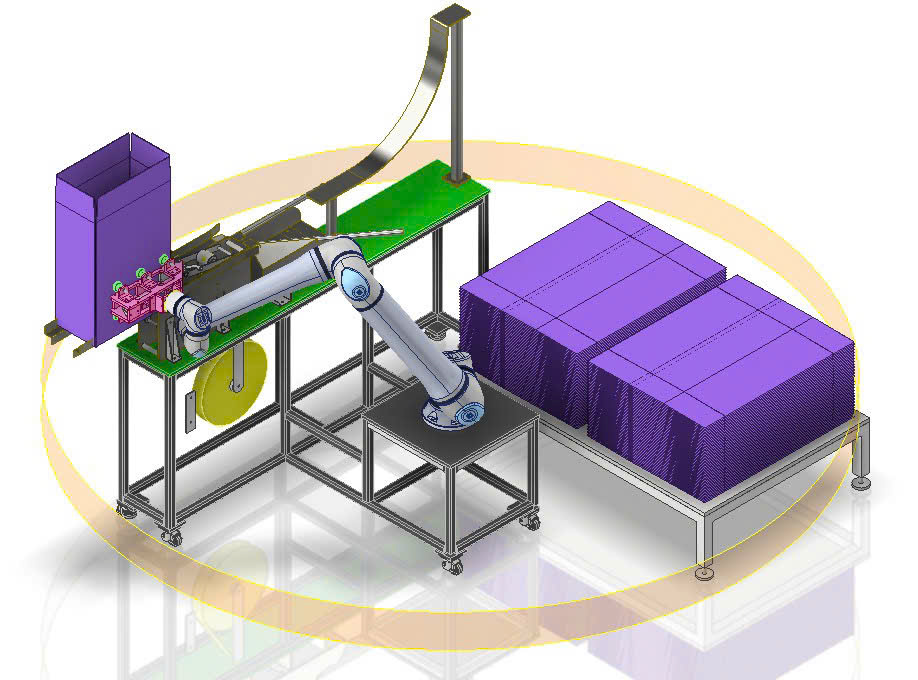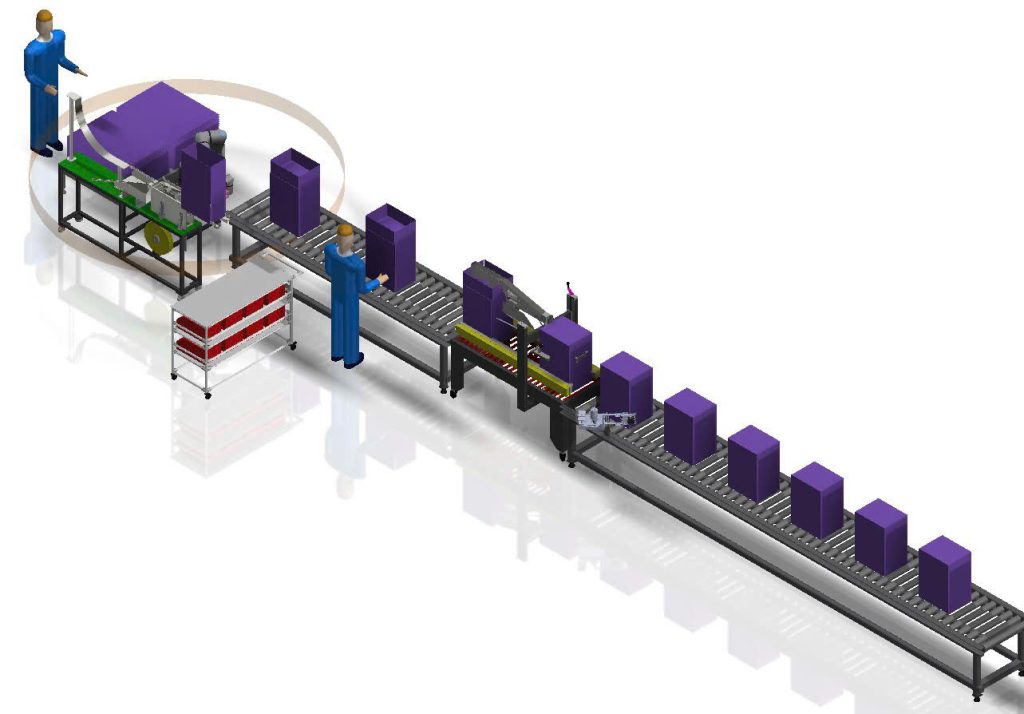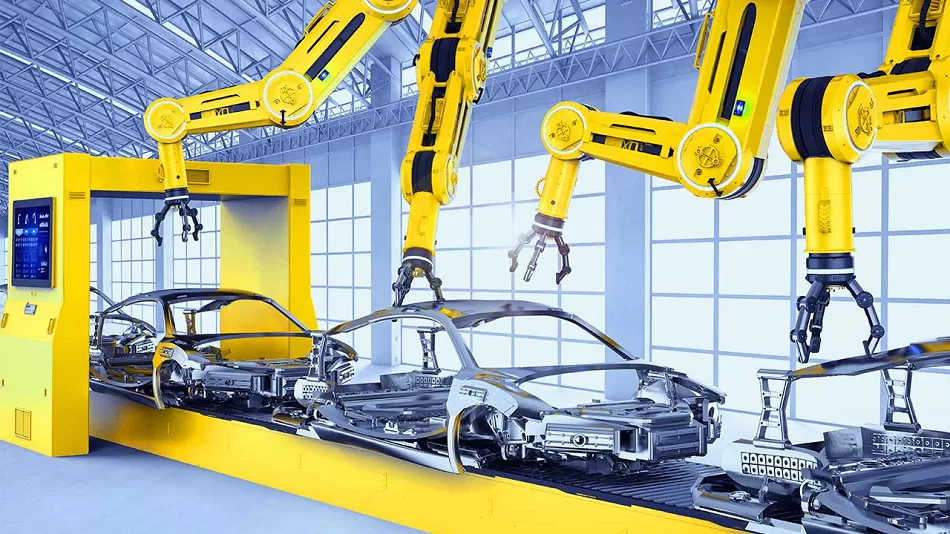The Relationship Between Energy Efficiency and Economics
Energy efficiency is an important factor in optimizing costs and improving economic efficiency. It not only helps reduce electricity consumption but also contributes to environmental protection. The relationship between energy efficiency and economy can be clearly understood through the following aspects:
- Cost savings: Using energy-efficient appliances can help reduce your monthly electricity bill. This is especially important for homes and businesses where energy costs make up a significant portion of your total operating expenses.
- Improving competitiveness: Enterprises applying energy efficiency solutions will reduce production costs, thereby lowering product and service prices, improving competitiveness in the market.
- Environmental protection: High energy efficiency means less energy consumption, reduced CO2 emissions and other pollutants. This contributes to environmental protection and sustainable development.
- Encourage technological innovation: A focus on improving energy efficiency promotes the development and adoption of advanced technologies, resulting in new, more efficient products and solutions.
| Index | Energy Efficiency |
| LED lights | 90 lm/W |
| Air conditioning | SEER 20 |
| Fridge | 30 kWh/year |
Investing in energy-efficient equipment and technology brings long-term benefits to both the economy and the environment. Therefore, improving energy efficiency is not only a wise financial strategy but also a social responsibility of every individual and business.
XEM THÊM:
The Impact of Energy Efficiency on the Environment
Energy efficiency plays an important role in minimizing negative impacts on the environment. Using energy efficiently helps reduce greenhouse gas emissions, protect natural resources and maintain ecological sustainability.
- Reduce CO2 emissions: Highly efficient energy sources, such as wind, solar and hydropower, typically emit fewer greenhouse gases than fossil fuels.
- Save resources: Using energy efficiently reduces the need to extract and consume non-renewable resources such as coal, oil and gas.
- Protecting ecosystems: Minimizing emissions and waste from energy production and consumption processes helps protect ecosystems from pollution and degradation.
Energy Performance Index
The Energy Performance Index (EPI) measures how efficiently you use energy. The higher the EPI, the more efficiently you use energy, reducing your environmental impact.
| Energy source | EPI Index | CO2 emissions (g/kWh) |
| Wind energy | 85% | 12 |
| Solar energy | 75% | 20 |
| Hydroelectric | 90% | 10 |
| Fossil energy | 45% | 940 |
Energy Efficiency Solutions
To increase energy efficiency, the following solutions should be applied:
- Invest in advanced technology: Use modern equipment and technology to optimize energy use.
- Switch to renewable energy: Increase the use of renewable energy sources such as wind, solar and hydropower.
- Efficient energy management: Apply smart energy management measures, including monitoring and controlling energy consumption.
- Education and awareness raising: Promote and educate the community on the importance of energy efficiency and energy saving measures.
Improving energy efficiency not only brings economic benefits but also contributes to environmental protection, maintaining sustainability and ensuring the future for future generations.











